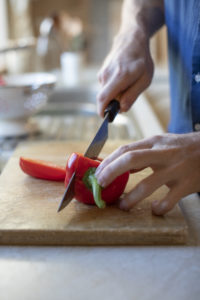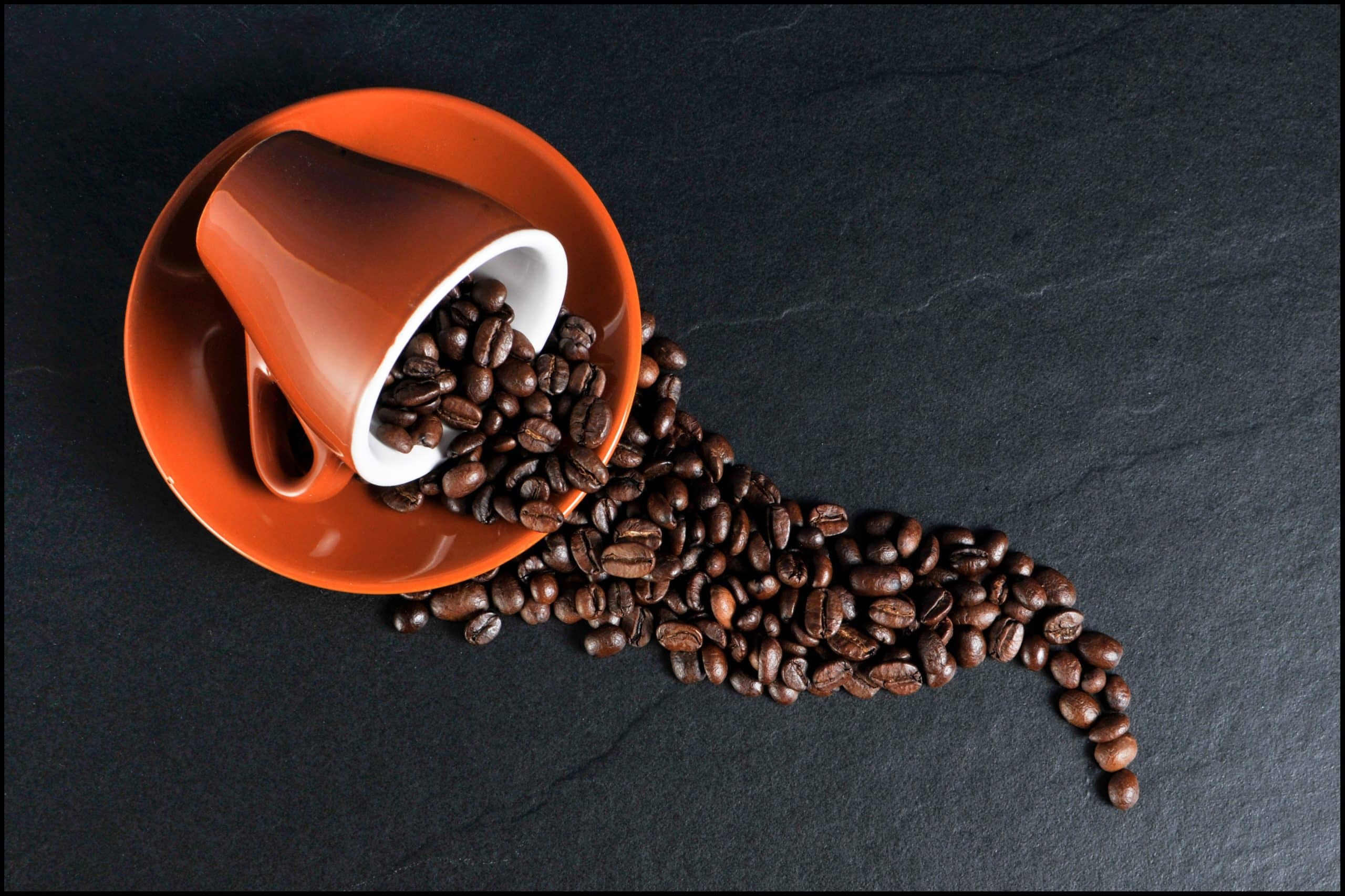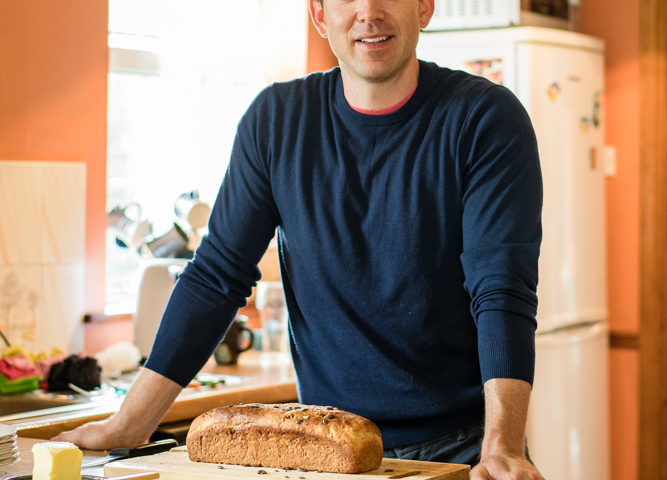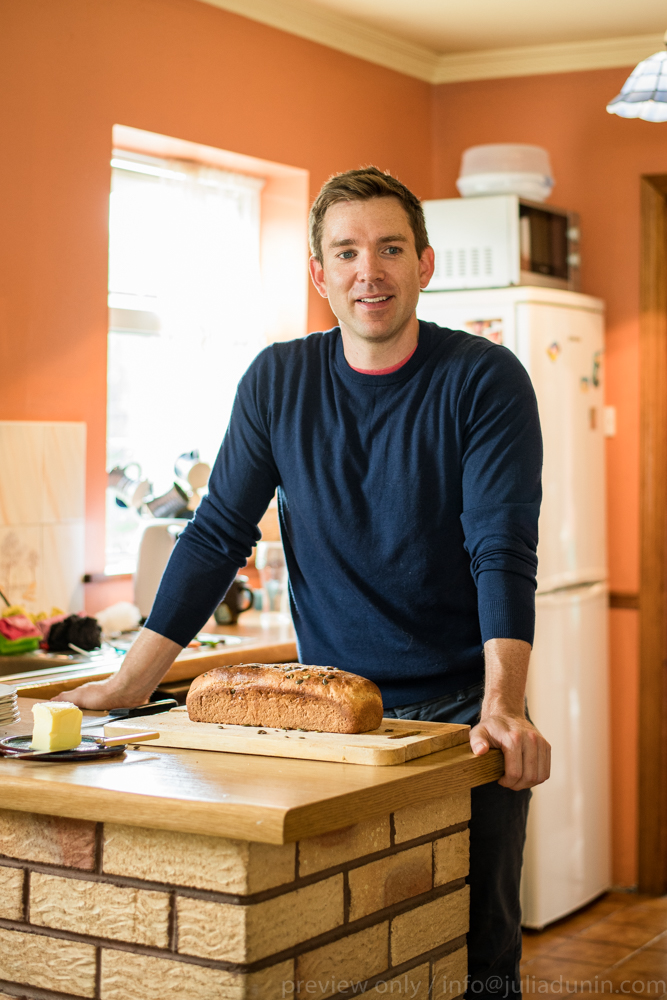A mindful kitchen
Summary
- Your mindset and attitude to a task or goal has a significant impact on the outcome of that task or goal
- Your kitchen environment can have a powerful positive effect on your behaviour, habits and experience of food preparation and cooking
- A mindfulness approach to your cooking can help you unwind and improve your relationship with food and cooking
It starts with ‘mindset’

A mindset can be defined as a set of assumptions, methods, or notations held by one or more people or groups of people”. “A mindset may be so firmly established that it creates a powerful incentive within these people or groups to continue to adopt or accept prior behaviours, choices, or tools”. An appropriate mindset is incredibly powerful and has potentially the single biggest impact on your ability to achieve your goals. When you consider what high achievers are able to do in sport, hobbies, work, arts, crafts it is most often a person’s mindset and attitude that is referenced for it is success in a task lead approach from beginning to end. It is about understanding that no masterpiece, project or mastery is achieved without a process, practice, planning, patience and perseverance. The same can be said for cooking, meal preparation and how you view your kitchen and the time spent in your kitchen. If you have the right mindset about your kitchen and approach to cooking it can have a positive effect on your behaviour, your creativity, your experience and of course your health.

Your kitchen tells the future
Your kitchen can be a place of great enjoyment or equally an environment that creates frustration and stress. The more enjoyable your cooking and eating experience the easier it will be to stay on track with your nutrition and lifestyle goals. With that in mind take the time to think about your kitchen layout and how you can improve the efficiency, flow and overall cooking experience. It is not going to be easy to create a mindful experience in the kitchen if you have a messy or disorganised kitchen.

Time management
You will always have time to do things you prioritise and the things you enjoy. Poor management of your time, being disorganised and lack of investment in your kitchen skills results in bad decisions and potentially a negative experience of cooking. Quite often the issues that arise around lack of consistency with nutrition or a bad relationship with cooking are inefficiency and lack of planning, not lack of time or nutrition knowledge. If eating healthy food is a priority for you and you value your health the way you should, then you need to think ahead, plan and schedule time to prepare your meals. If you don’t do this, you may rush your food choices or pick something that is convenient or unhealthy.

Simple things for a more mindful and enjoyable cooking experience
- Review your food preparation system and put things in an order that flows. For example, the ingredients you use the most nearest the cooking area like spices.
- Efficiency is vital so keep your kitchen clean and tidy to allow for a smooth operation
- Use a small compost bin for food waste and have appropriate bins for recycling and appropriate waste management
- Keep your fridge clean and tidy and avoid any build-up of food or moisture
- Regularly clean your oven and have a tray at the bottom of your oven to catch any spills, this will help to avoid your oven smoking
- Have system for how you arrange your cookware and kitchen essentials
- Use a spice rack or keep your spices in a place that is easy to access
- Create a cooking playlist that you can out on when cooking
- Keep nourishing nutritious foods in sight and wrap treats up and keep them stored out of sight

Mindfulness in the kitchen
Your mindset towards cooking will be shaped by your experience and of course how you view the process of preparing your meals. If you view it positively and as an investment in your health it can have a positive knock-on effect on your overall relationship with food. For example the preparation of your dinner in the evening can be the first step in winding down from a difficult day at work or college. By focusing on each simple task of chopping your vegetables and bringing flavour to each step of your meal can help you stay present and in the moment. Engaging in the cooking experience, noticing the evolving delicious aromas and listening to the sounds and background music can bring a wonderful sense of calm and relaxation.

Organising your kitchen, keeping it clean and tidy, enhancing your cooking skills, improving your cooking experience and refining your understanding of what ingredients go well together can be an extremely rewarding experience that benefits you and your family’s health. The wonderful thing is that the journey never ends when it comes to a food experience – your knowledge, skills and experience will continue to evolve and so will your consistency!

References
Abdulghani, H.M., Al-Drees, A.A., Khalil, M.S., Ahmad, F., Ponnamperuma, G.G. and Amin, Z., 2014. What factors determine academic achievement in high achieving undergraduate medical students? A qualitative study. Medical teacher, 36(sup1), pp.S43-S48.
Brown, D.J., Arnold, R., Reid, T. and Roberts, G., 2018. A qualitative exploration of thriving in elite sport. Journal of Applied Sport Psychology, 30(2), pp.129-149.
Liu, Y. and Wang, Z., 2014. Positive affect and cognitive control: Approach-motivation intensity influences the balance between cognitive flexibility and stability. Psychological Science, 25(5), pp.1116-1123.
“MINDSET – meaning in the Cambridge English Dictionary”. Retrieved 2019-12-10.








